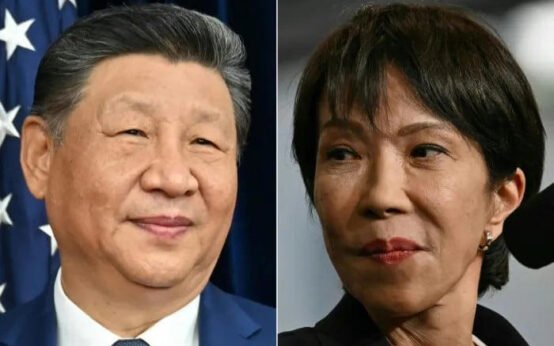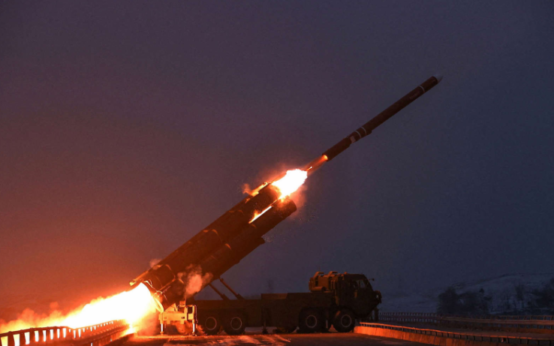U.S. investigators recently uncovered a far-reaching Chinese cyberattack on American telecommunications systems that read like a spy thriller. The campaign, linked to the state-sponsored hacker group Salt Typhoon, exploited critical telecom infrastructure targeting former President Donald Trump, his vice-presidential pick JD Vance, and even figures from the Harris campaign. It’s not yet clear what data may have been stolen or how sensitive the breach was, but the implications are deeply concerning.
Salt Typhoon: A covert agent of cyber-espionage
Salt Typhoon isn’t your average hacker crew. Operating under China’s Ministry of State Security, this advanced persistent threat group has been flat-out stealthy. Analysts trace its activity back to at least 2023, and the group has penetrated telecoms worldwide hitting over 200 targets in more than 80 countries.

By first infiltrating broadband providers, Salt Typhoon subsequently gained access to sensitive metadata—including call logs, timestamps, and even interactions processed through the CALEA wiretapping provisions employed by U.S. law enforcement.
Election under fire: Political figures become targets
Sources inside U.S. intelligence revealed that earlier this year, Trump and Vance’s mobile devices came under surveillance. Investigators believe Salt Typhoon tapped into call and text records raising the possibility of political espionage at the highest level.

According to reports, staffers in Kamala Harris’ campaign were also in the crosshairs, highlighting the hackers’ broad reach across party lines.
U.S. agencies didn’t wait to respond. The FBI and the Cybersecurity and Infrastructure Security Agency launched an urgent probe into unauthorized access to commercial telecom networks. Industry partners including Verizon, AT&T, and Lumen were mobilized to identify damage and shore up vulnerabilities. The Department of Homeland Security even activated their Cyber Safety Review Board to examine how such a breach was possible and recommend safeguards for the telecom sector moving forward.
China denies wrongdoing in a tightly choreographed statement
Beijing has repeatedly distanced itself from the accusations. The Chinese embassy in Washington called the reports unfounded and irresponsible, framing China itself as a victim of cyberattacks.
The U.S. presidential elections are domestic affairs, the embassy said, refusing to engage with specific claims.
This attack strikes at the heart of America’s digital and democratic infrastructure. Communications metadata who called whom and when can shape intelligence gathering, strategy, and influence operations.
It raises urgent questions about how a foreign power accessed systems trusted with wiretap processing, how long the breach went undetected, and whether our defenders can match the speed and ingenuity of these modern espionage campaigns.


 China Bans Dual-Use Exports Including Rare Earths to Japan Over Taiwan Remarks
China Bans Dual-Use Exports Including Rare Earths to Japan Over Taiwan Remarks  China’s DeepSeek Upgrades Chatbot with Advanced ‘Interleaved Thinking’ Feature Amid Next Model Buzz
China’s DeepSeek Upgrades Chatbot with Advanced ‘Interleaved Thinking’ Feature Amid Next Model Buzz  North Korea Fires Ballistic Missiles Hours Before South Korean President’s China Visit
North Korea Fires Ballistic Missiles Hours Before South Korean President’s China Visit  MindRank Advances China’s First AI-Assisted Drug to Phase 3 Trials, Slashes R&D Costs by 60%
MindRank Advances China’s First AI-Assisted Drug to Phase 3 Trials, Slashes R&D Costs by 60%  China Enforces 50% Domestic Equipment Rule for Semiconductor Expansion
China Enforces 50% Domestic Equipment Rule for Semiconductor Expansion  Chinese Firms Anchor in Dubai Free Zones to Navigate Trade Barriers and Expand Reach
Chinese Firms Anchor in Dubai Free Zones to Navigate Trade Barriers and Expand Reach